 2025 Spring Symposium
2025 Spring Symposium
A Lifetime of Transitions: From Diagnosis to Adulthood and Beyond
The American Academy for Cerebral Palsy and Developmental Medicine (AACPDM) is excited to announce our third annual Spring Symposium! This year, held virtually on Wednesday May 7th, the topic will be “A Lifetime of Transitions: From Diagnosis to Adulthood and Beyond.”
Registration prices include access to live (virtual) courses on May 7, 2025 and access to the on-demand recordings until June 25, 2025. Registered individuals may earn up to 4 CME/CEU.
Registration Open: April 2025
Live Presentation Date: May 7, 2025 (10:00am-12:00pm CT and 2:00pm-4:00pm CT)
Location: Virtual
Available On-Demand: May 14, 2025 - June 25, 2025
Registration Prices:
AACPDM Member: $99
Non-AACPDM Member: $199

Course Information
Morning Session (10:00am - 12:00pm CT)
Summary:
The morning sessions will begin with a focus on counseling and support for families during the “potential” for diagnosis through formal diagnosis delivery of developmental disabilities with an emphasis on cerebral palsy. This will be followed by a panel of interdisciplinary discussants on the continual addition of co-occurring developmental diagnoses throughout the school age. The discussants will emphasis on the impact of diagnostic labels on interventions and lived experience. This will also include a as well as the limitations of psychometric testing on those with motor disability.
Afternoon Session (2:00pm - 4:00pm CT)
Summary:
The afternoon sessions will follow through individuals with neurodevelopmental disabilities through adolescence and adulthood with three key sessions focusing on capacity building for adult neurodevelopmental disability clinics, counseling on sexual health and sexuality in developmental medicine, and concluding with the final transitional conversations in end-of-life care from a palliative care perspective.
Learning Objectives:
Upon completion of this presentation, participants will be able to...
- Integrate inclusive and positive language to early diagnostic counseling on “potential” for disability and longitudinal monitoring.
- Develop a framework for integrating psychometric testing and co-occurring neurodevelopmental diagnoses to treatment plans and family counseling in school-aged children.
- Apply principles and best practices in developing clinical programs for adults with cerebral palsy and neurodevelopmental disabilities.
- Compose personalized scripts and counseling techniques for sexual health counseling for adolescents and adults with neurodevelopmental disabilities.
- Implement a palliative care framework and approach to end-of-life care for individuals with neurodevelopmental disabilities.
CME/CEU Information
CME/CEU will be available through the course's platform (Blue Sky).
Accreditation Statement
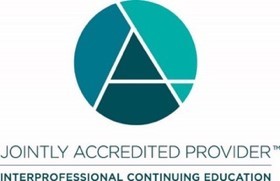 In support of improving patient care, this activity has been planned and implemented by Amedco LLC and American Academy for Cerebral Palsy and Development Medicine. Amedco LLC is jointly accredited by the Accreditation Council for Continuing Medical Education (ACCME), the Accreditation Council for Pharmacy Education (ACPE), and the American Nurses Credentialing Center (ANCC), to provide continuing education for the healthcare team. Professions in scope for this activity are listed below. Amedco Joint Accreditation Provider Number: 4008163
In support of improving patient care, this activity has been planned and implemented by Amedco LLC and American Academy for Cerebral Palsy and Development Medicine. Amedco LLC is jointly accredited by the Accreditation Council for Continuing Medical Education (ACCME), the Accreditation Council for Pharmacy Education (ACPE), and the American Nurses Credentialing Center (ANCC), to provide continuing education for the healthcare team. Professions in scope for this activity are listed below. Amedco Joint Accreditation Provider Number: 4008163
Physicians (ACCME) Credit Designation
Amedco LLC designates this live activity for a maximum of 4.00 AMA PRA Category 1 CreditsTM for physicians. Physicians should claim only the credit commensurate with the extent of their participation in the activity.
Moderator:
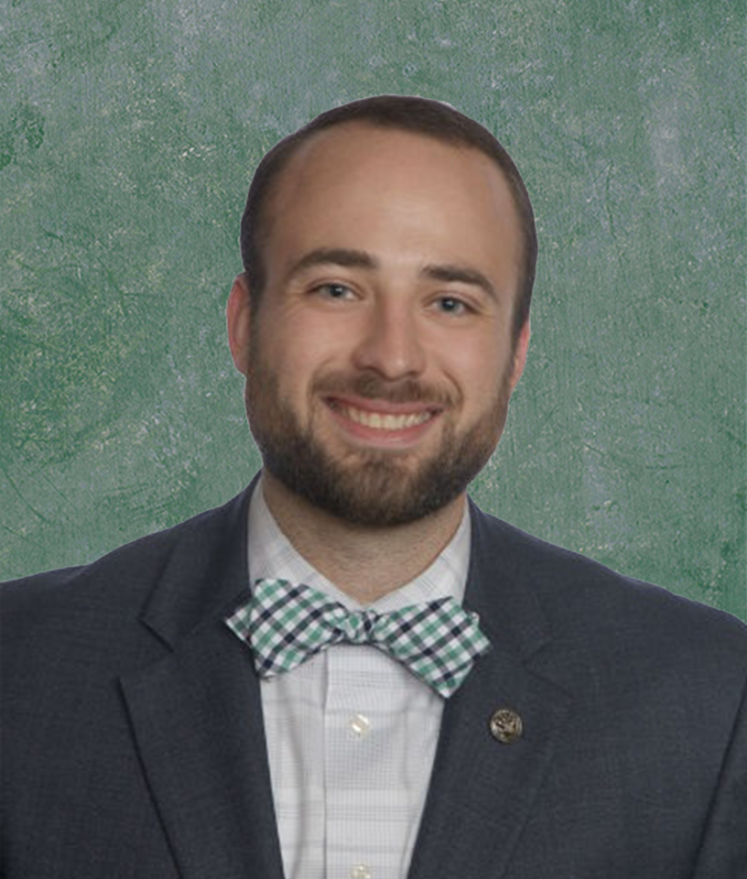 |
Steven M. Lazar, MD, MEd
Steven M. Lazar is an Assistant Professor of Pediatrics at Baylor College of Medicine and Texas Children’s Hospital and a practicing Child Neurologist and Neurodevelopmental Disabilities specialist with a clinical emphasis on fetal and neonatal neurology, longitudinal neurodevelopmental follow-up, and early cerebral palsy diagnosis. He is currently an associate program director of the Neurodevelopmental Disabilities Residency at Baylor College of Medicine and Medical Director of Texas Children's Desmond High-Risk Fetal-Neonatal Neurodevelopmental Follow- up clinics. Dr. Lazar is the current Chair of the Education Committee of the AACPDM. |
Speakers:
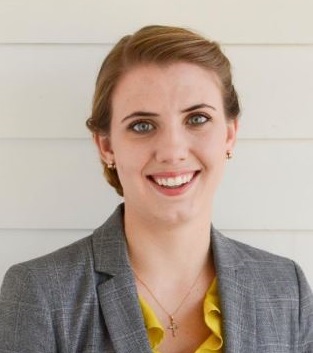 |
Brooke Kimbrell, MD, MSE
Brooke Kimbrell, MD, MSE is a neurodevelopmental neurologist with a lifelong passion for helping unique people thrive in their community. She is currently employed at Cook Childrens Medical Center where she specializes in neurodevelopment for people with complex conditions including cerebral palsy and genetic disorders. She has a particular interest in cognitive and communication abilities of people with cerebral palsy. She uses her background in biomedical engineering to inform clinical application of assistive technology to improve participation in educational and community activities.
She studied biomedical engineering at Mercer University and received her bachelor’s and master’s degrees. She earned her medical doctorate at the Medical College of Georgia at Augusta University. Her training in Neurodevelopmental Disabilities at the Kennedy Krieger Institute and Johns Hopkins Hospital in Baltimore provided comprehensive clinical skills in child neurology and development.
|
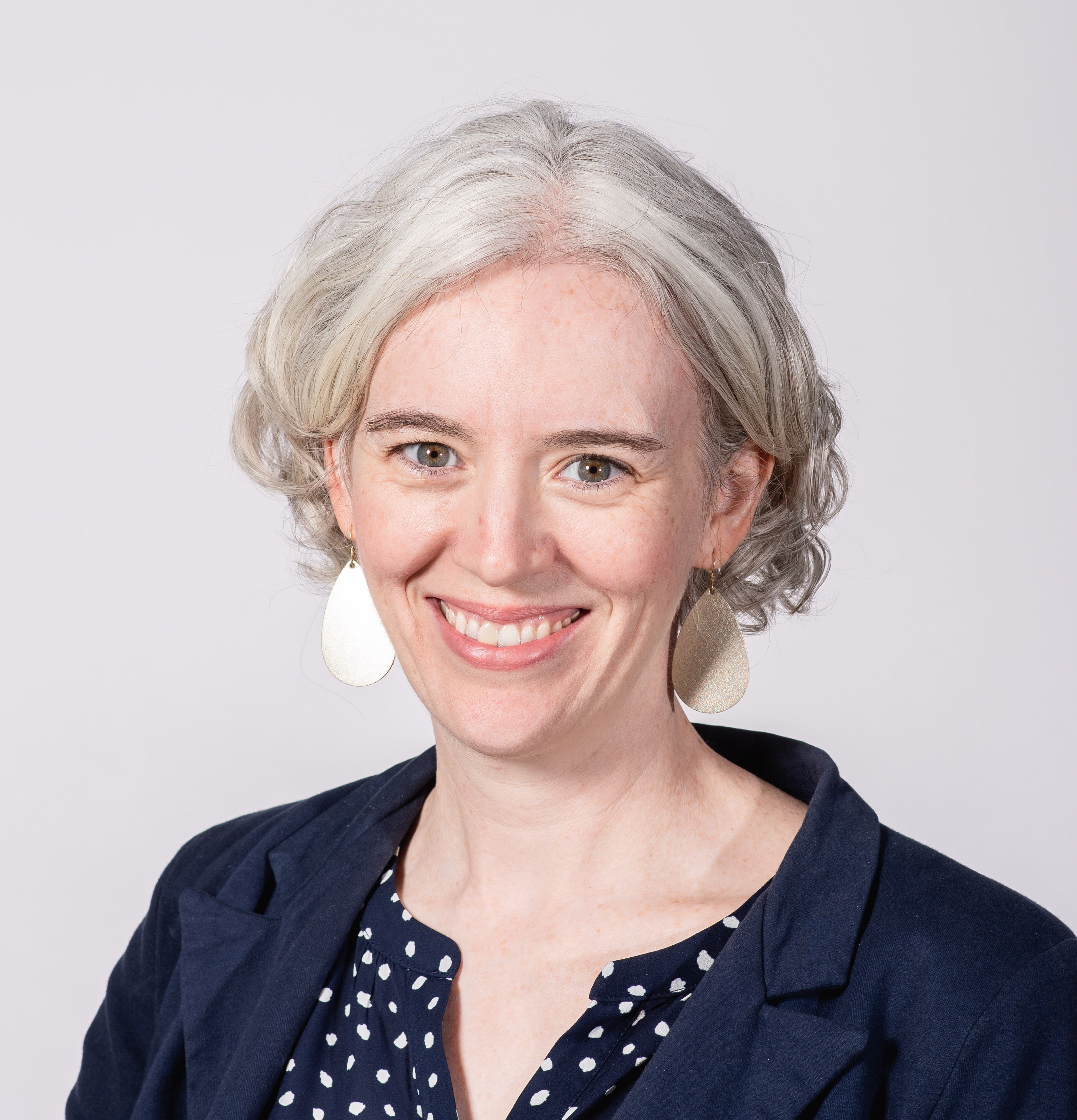 |
Colleen Peyton, PT, DPT
Colleen Peyton, PT, DPT is an Assistant Professor at Northwestern University in the Department of Physical Therapy and Human Movement Science as well as the Department of Pediatrics. She currently teaches in the Doctor of Physical Therapy Program at Northwestern University. Additionally, she is recognized as the first licensed tutor of the General Movements in North America, where she shares her expertise in the Prechtl General Movement Assessment with clinicians and researchers internationally.
Her research centers around the relationship between spontaneous infant movement, neuroimaging correlates, and long-term developmental outcomes in children. She has co-created and validated several infant assessments. Additionally, she is interested in research and advocacy for the early detection of cerebral palsy in infancy. Prior to her academic career, she spent 15 years as a clinician working in the NICU and follow-up clinic. This practical experience strongly motivates her commitment to teaching students and clinicians, with a primary focus on translating research into clinical practice. Additionally, she serves as a Director at Large on the American Academy of Cerebral Palsy and Developmental Medicine, reviews for several pediatric-focused journals and is a member of the Editorial Board for Pediatric Neurology.
|
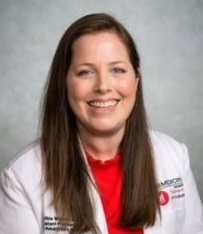 |
Cynthia Wozow, DO
Cynthia Wozow is an Assistant Professor in the Department of Pediatrics, Division of Pediatric Rehabilitation Medicine at The University of Alabama at Birmingham and Children’s of Alabama. She is active in the acute inpatient setting as well as the outpatient setting with special interests Cerebral Palsy and other congenital onset disorders, such as neuromuscular disorders and brachial plexus injuries. She educates caregivers, patients, and trainees about health care transitions and reproductive health in disabilities. She received her medical degree from William Carey College of Osteopathic Medicine. She completed her residency training at UT Health San Antonio and her fellowship training at Baylor College of Medicine and Texas Children’s Hospital.
|
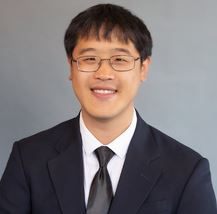 |
Eric M. Chin, MD
Dr. Eric Chin is an assistant professor of neurology and pediatrics at Kennedy Krieger Institute and Johns Hopkins University School of Medicine. He is a clinical researcher and neurodevelopmental physician at the Phelps Center for Cerebral Palsy and Neurodevelopmental Medicine. He investigates brain- and behavior-based mechanisms as potential pain treatment targets in children and adults with cerebral palsy. His work has been featured on the cover of the Annals of the Child Neurology Society and has been supported by the Cerebral Palsy Alliance Research Foundation and by NIH fellowships.
|
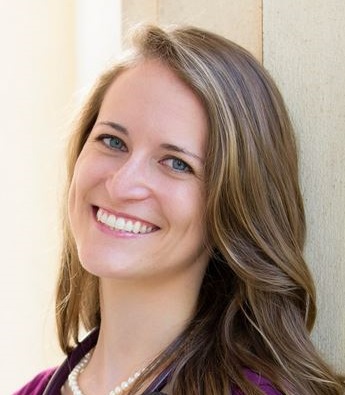 |
Maegan Newell, MD
Maegan Newell, MD is a neurodevelopmental disabilities specialist providing holistic, family-centered care for children with a wide variety of neurologic and developmental concerns at Baylor College of Medicine/Texas Children’s Hospital with a passion for the medically underserved. Clinically, her interests within neurodevelopment include head trauma, cognition, and the nuances of neurodevelopmental outcomes associated with brain injury to facilitate improved developmental outcomes and quality of life across the life-span. Dr. Newell earned her bachelor’s degree in chemistry with a biochemistry concentration from Davidson College and medical doctorate at the Medical College of Georgia at Augusta University. She completed her pediatric residency and child neurology residencies at Baylor College of Medicine, where she is currently finishing her Neurodevelopmental Disabilities fellowship.
|
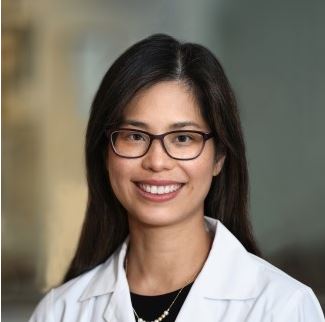 |
Marina Ma
Marina M. Ma is an Assistant Professor at Baylor College of Medicine/Texas Children's Hospital in both the Physical Medicine and Rehabilitation (PM&R) and Palliative Care Departments. She completed her PM&R residency at MedStar National Rehabilitation Hospital, Pediatric Rehabilitation Medicine (PRM) fellowship at Cincinnati Children's Hospital Medical Center, and Hospice and Palliative Medicine fellowship at Baylor College of Medicine/Texas Children's Hospital. Dr. Ma is passionate about providing high quality, family-centered, evidence-based care for children with serious neurological illnesses and exploring the intersection between PRM and Palliative Care.
|
 |
Michael Msall, MD
For 39 years, I have been involved with understanding the complexity of child, adolescent, and adult neurodevelopmental disability and community outcomes of health, functioning, and participation. I bring expertise in qualitative and quantitative methods for modelling health status, resiliency and missed opportunities across childhood, adolescent and young adult life for individuals born prematurely. I have trained 54 postdoctoral fellows in their use of developmental and functional assessments, biomarkers, and clinical outcomes research, of which 95% have gone on to successful scientific and clinical-academic medical leadership positions.
Throughout my career, I have asked the question how do individuals with prematurity at highest risk for early onset neurodevelopmental disabilities fare with respect to their long-term physical, developmental and social health outcomes? In my first U.S. academic job, I was responsible for neurodevelopmental consultative services linked to primary medical care and community care coordination (UCP, ARC, People’s Inc.) for individuals age birth to 90 years with CP and related neurodevelopmental disabilities. For these efforts, I received the Sir James Carreras International Variety Club Award.
In my academic positions at Brown University and University of Chicago, I have continued to develop interdisciplinary regional management teams to promote functioning and participation for individuals with neurodevelopmental disabilities. With interdisciplinary colleagues, I developed a pediatric functional independence measure (WeeFIMTM) that has been used for 3-7 year outcomes in three NIH Multicenter Studies: Cryosurgery for Retinopathy of Prematurity (Pediatrics. 2000;106(5):998-1005. PMID: 11061766), Fetal Surgery for Myelomeningocele (Childs Nerv Syst. 2011 Jul;27(7):1083-8. PMID:21327591), and the CoolCap trial of cooling for neonatal encephalopathy (Guillet et al. Pediatr Res. 2012 Feb;71(2):205-9. PMID:22258133). More recently, I developed the Warner Initial Development Evaluation of Adaptive and Functional Skills (WIDEA-FS), which tracks emerging motor, communicative, and adaptive competencies in the first two years, and the Child Health Impairment-Functioning, Participation, and Participation (CHI-FPS) Checklist for children 7-18 years. These instruments were respectively normed on over 1500 neurotypical children and over 1500 children with disabilities. These tools were validated against specific standardized motor, communicative, developmental, psychological, and educational achievement tests. These indicators of challenges in daily activities and their impact on family life were subsequently implemented in community populations in New England, the International Rett Registry, the Western Australia Down Syndrome Registry, the U.S. and Australian Newborn Encephalopathy-Hypothermia and Erythropoietin Trials, and the Cerebral Palsy Research Registry. In all of these efforts, longitudinal strategies for tracking physical developmental and behavioral health outcomes, as well as functioning, participation and individual and family well-being occurred through interdisciplinary teams of health and rehabilitation professionals committed to enablement.
|
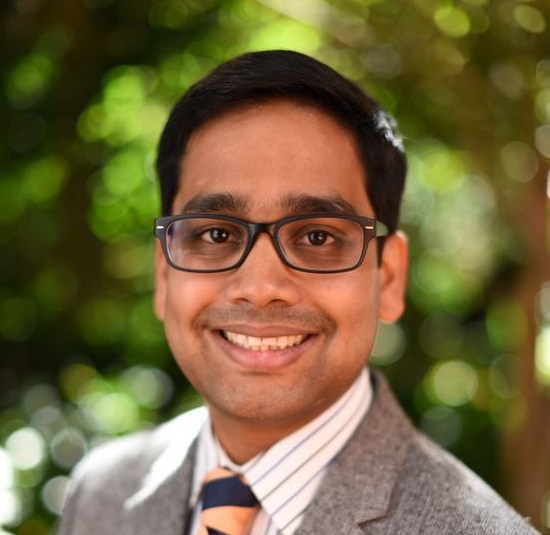 |
Samudragupta Bora, Ph.D.
Dr. Samudragupta Bora is an extramurally funded researcher, internationally recognized for his work on high-risk infant neurodevelopment. He is the founding director of the Health Services Research Center at University Hospitals Health System and an associate professor of pediatrics at Case Western Reserve University School of Medicine in Cleveland, United States. He is also currently co-principal investigator (neonatal follow-up) of the Eunice Kennedy Shriver National Institute of Child Health & Human Development Neonatal Research Network at Case Western Reserve University; African Neonatal Association Neonatal Follow-Up Consortium; and PREBO-6, a federally funded prospective cohort study in Australia investigating the utility of advanced neuroimaging in predicting school-age neurodevelopment. He previously served as the Director of Early Childhood Neurodevelopmental Outcomes at University Hospitals Rainbow Babies & Children’s Hospital and the Group Leader of Neurodevelopmental Follow-Up and Outcomes at Mater Research Institute, The University of Queensland in Australia. He is the immediate past Chair of the Long-Term Outcomes of High-Risk Babies Subcommittee of the Perinatal Society of Australia and New Zealand.
|
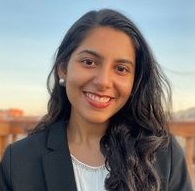 |
Sanaya Shenoy
Sanaya Shenoy is a Senior Research Assistant at the Phelps Center for Cerebral Palsy (CP) at Kennedy Krieger Institute. She has a background in pharmacy and holds a Master of Science in Public Health from Johns Hopkins School of Public Health. She has research experience in disability and rehabilitation services, immunization programs, and neurodevelopmental conditions. In her role, she is involved in more than ten research projects across various topics, such as studying the utility of genetic testing and strengthening transition planning for emerging adults with CP. Her current interests include investigating the societal impact of pharmaceutical health services for individuals diagnosed with neurodevelopmental conditions.
|
| |
|
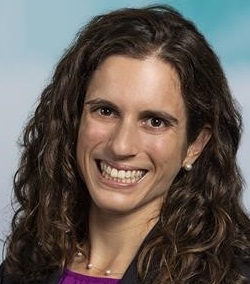 |
Jessica Solomon Sanders, MD
Dr. Jessi Solomon Sanders uses her combined background of special education and medicine to improve access to and quality of age-appropriate, specialized healthcare for individuals with intellectual and developmental disabilities. She completed a six-year residency training program through Harvard Medical School (Boston Children’s Hospital) that included two years of pediatric residency followed by four years of Neurodevelopmental Disabilities, “NDD,” which included training in Adult and Child Neurology as well as Developmental Pediatrics. Dr. Sanders is a neurodevelopmental specialist working in Developmental Pediatrics and Neurology at the University of Colorado in Denver. She has a particular interest in improving the transition from pediatric to adult care for patients with complex neurodevelopmental disorders as well as caring for individuals with developmental disabilities as they age. She dedicates time to clinical, research, and advocacy endeavors to improve access to and quality of specialized care for this vulnerable, aging population. Dr. Sanders cherishes her experiences with Best Buddies, Special Olympics, and other organizations that have provided a window into the dynamic lives and strengths of individuals with developmental disabilities. In her free time, she enjoys tandem biking, skiing, and hiking with her husband, Mike, and her two young daughters. She also enjoys live music, and plays the dobro, a bluegrass instrument. Her latest research is studying the health benefits of integrating of vocational counselors into clinics that care for individuals with developmental disabilities.
|
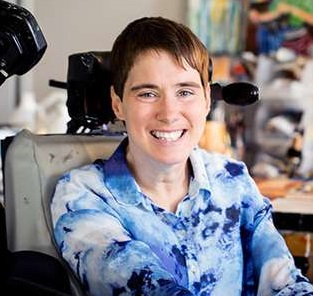 |
Anastasia Wilson, BA
I am a Cum Laud graduate from the University of Whitewater with a Bachelor's in Fine Art and a minor in English. I am a disability advocate and peer mentor in the Waisman Center's LEND program. I am a female entrepreneur and artist who happens to have Cerebral Palsy. I see myself as an artist first and think of my disabilities as a side note, as something I need to handle so I can follow my passion for art and hopefully become a well-known artist. I enjoy teaching art classes for people of all ages with different abilities.
|
Individual Cancellation Policy
Cancellation Policy:
All requests for cancellation must be received in writing by May 6, 2025. A 75% refund will be granted for requests received before this date. No refunds will be granted after May 6, 2025. All refunds will be processed after the course takes place.
Provider Cancellation Policy:
Cancellations of the Spring Courses activities by the AACPDM will result in all pre-registered attendees receiving a 100% refund.
 2025 Spring Symposium
2025 Spring Symposium In support of improving patient care, this activity has been planned and implemented by Amedco LLC and American Academy for Cerebral Palsy and Development Medicine. Amedco LLC is jointly accredited by the Accreditation Council for Continuing Medical Education (ACCME), the Accreditation Council for Pharmacy Education (ACPE), and the American Nurses Credentialing Center (ANCC), to provide continuing education for the healthcare team. Professions in scope for this activity are listed below. Amedco Joint Accreditation Provider Number: 4008163
In support of improving patient care, this activity has been planned and implemented by Amedco LLC and American Academy for Cerebral Palsy and Development Medicine. Amedco LLC is jointly accredited by the Accreditation Council for Continuing Medical Education (ACCME), the Accreditation Council for Pharmacy Education (ACPE), and the American Nurses Credentialing Center (ANCC), to provide continuing education for the healthcare team. Professions in scope for this activity are listed below. Amedco Joint Accreditation Provider Number: 4008163














